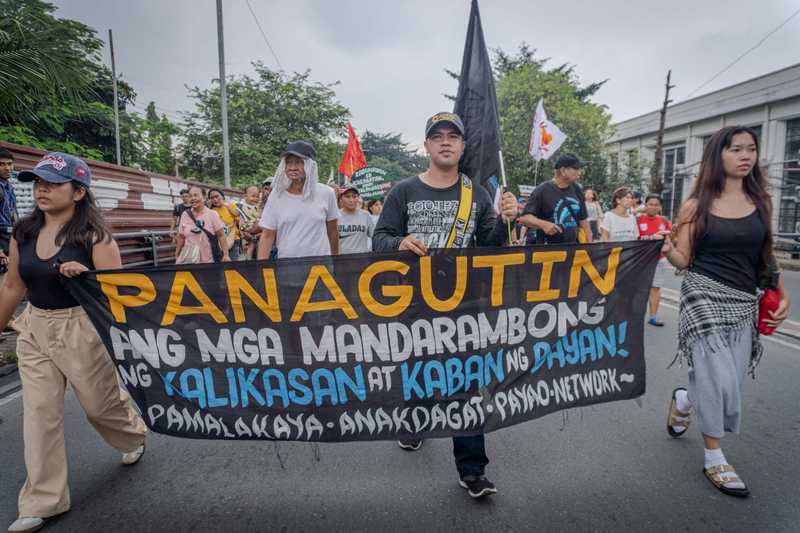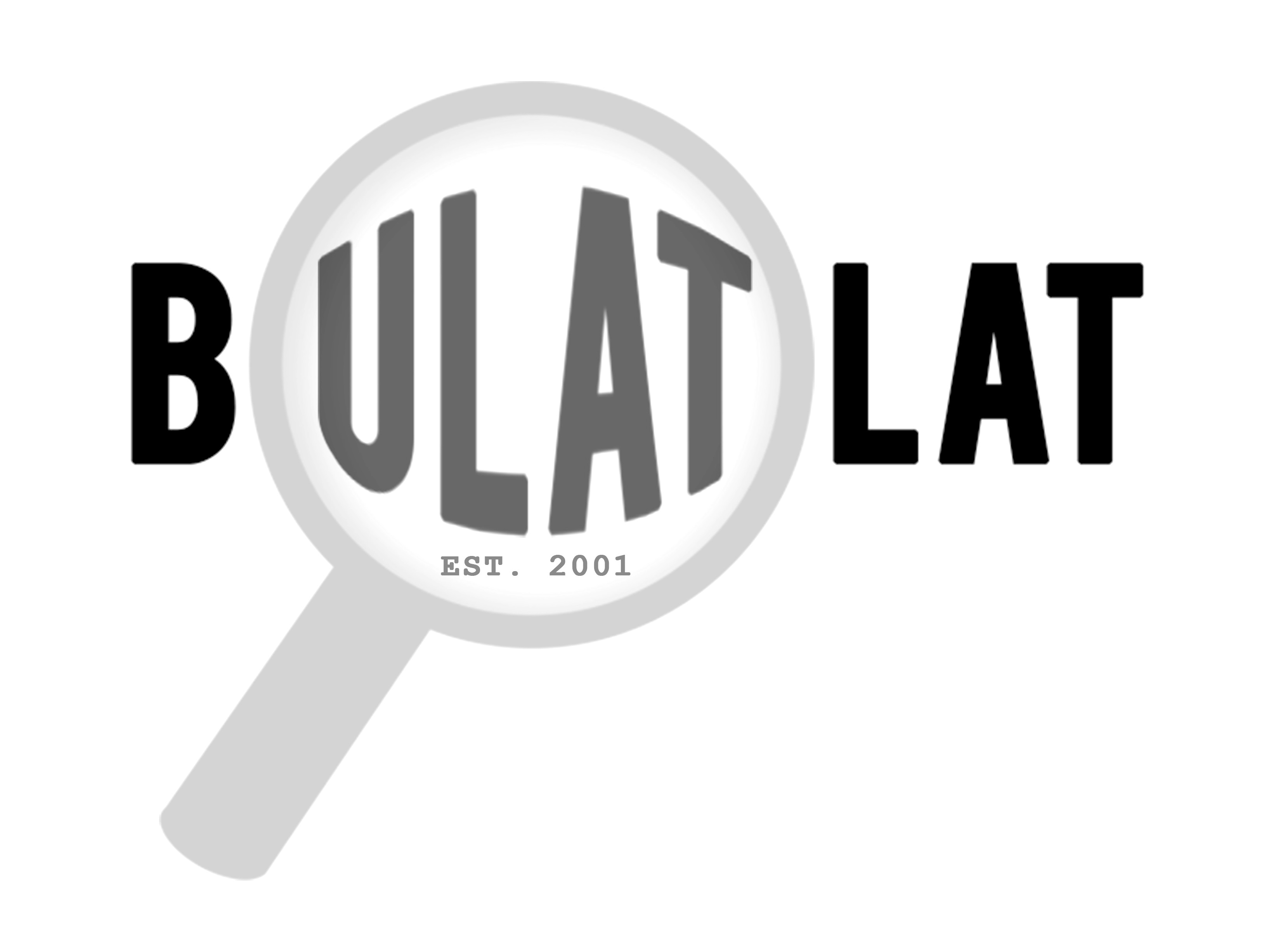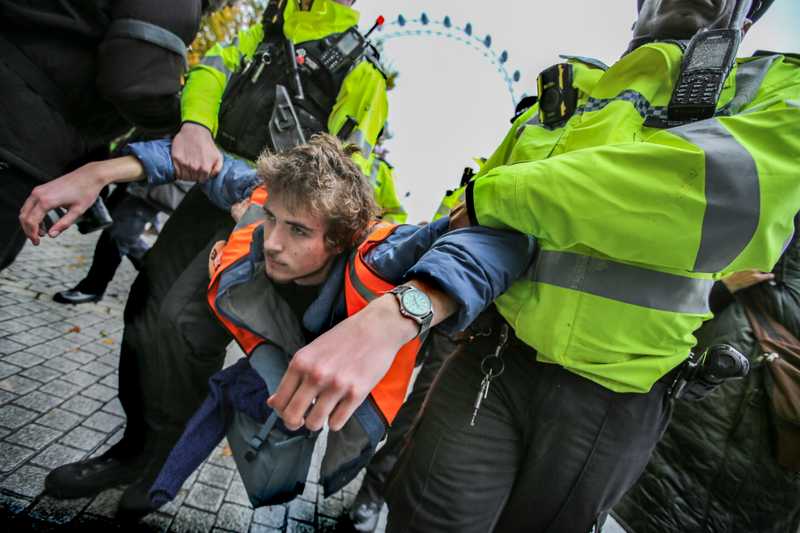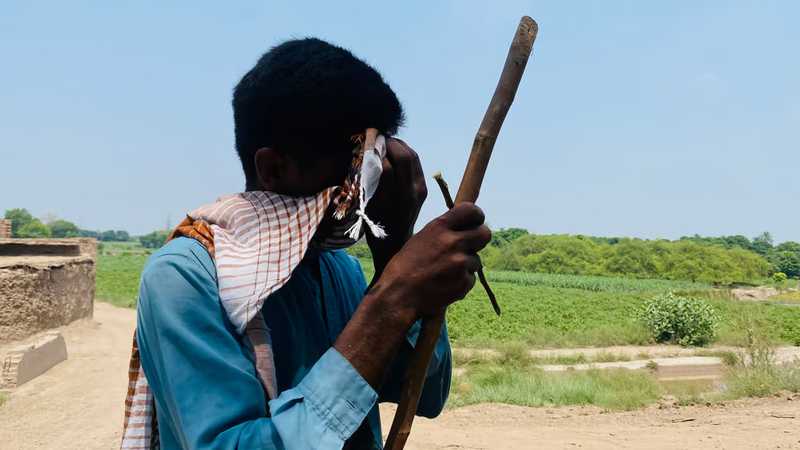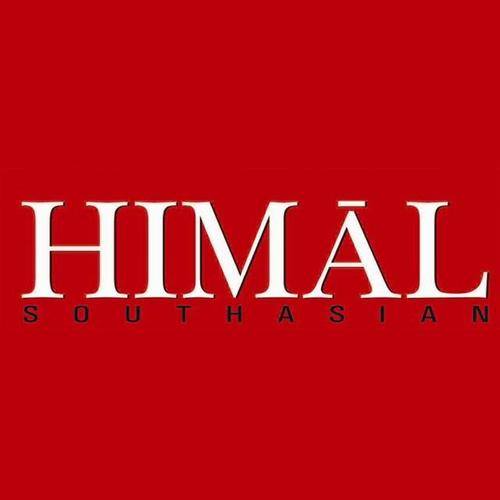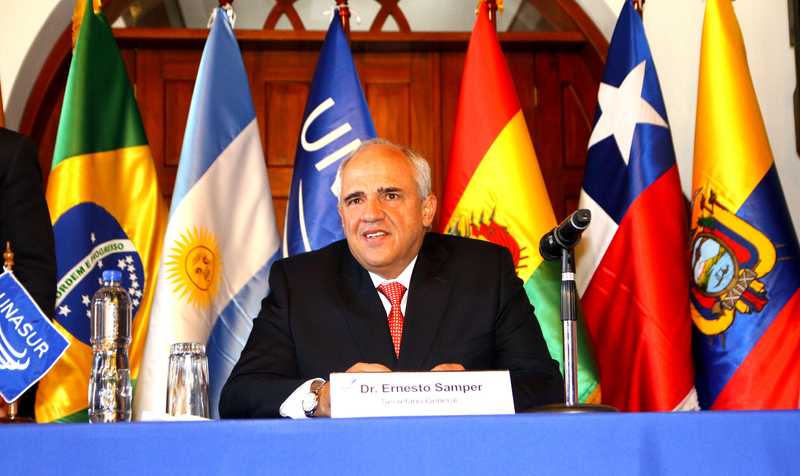
During the four years of my mandate (1994-1998), Colombia chaired the Movement of Non-Aligned Countries (NAM). At the inauguration ceremony for the chairmanship of the Movement — held in the city of Cartagena (Colombia) in November 1995 and attended by more than seventy heads of state and government — we argued that, although the Cold War of powers resulting from the end of World War II was waning, it was still necessary to maintain the non-alignment of our countries in the face of the polarization it had generated.
In this period we managed to bring several Latin American countries closer to the ideal of a “Southern solidarity”, one shared by other African and Asian countries. That is, to exercise our collective solidarity in the fight against phenomena like social exclusion, the hegemonic practices of the countries of the Global North and a new globalization that was dividing the world in a great casino of a few winners and many losers.
Little did we know then that less than three decades later, that same globalization — built along the lines of the neo-liberal model — would begin to fall apart. In Latin America we are already feeling the effects of this supervening de-globalization. This is because, first, the COVID19 pandemic divided countries into producers and non-producers of life-saving vaccines. The wealthiest and most scientifically advanced countries, supplied themselves with the first doses in quantities far in excess for the number of their inhabitants and kept the surplus from being exported, in addition to restricting access to the supplies needed to produce them. They aggressively opposed in international forums — such as the World Health Organization (WHO) — the developing countries' claim that the coronavirus vaccines should be declared universal social goods. They did so too at the World Trade Organization (WTO) when the same developing countries' governments called for the liberation of patents to produce them. As a result of this health protectionism, according to the Economic Commission for Latin America and the Caribbean (ECLAC), regions like Latin America — home to 8% of the world's population — showed dramatic figures, with 33% of world deaths due to COVID. Perhaps if the NAM had been active in one of the most difficult moments humanity has ever experienced in its history, this distribution of pain and death would not have been so dramatic.
In addition, while we were dying in the midst of the pandemic, concern about climate change and the consequences of global warming continued to grow. Despite the international commitments made by the most environmentally polluting countries, we have not yet succeeded in lowering the temperatures needed for the planet to recover its ecosystemic balance. On the one hand, because it seems that the use of fossil fuels will increase if the senseless war in Ukraine is prolonged and extended, further heating up politics and the environment. On the other hand, because in Latin America — which acts as an important oxygen lung for the world due to its large reserves of biodiversity in the Amazon — forests continue to be affected and it is confirmed that 20% of its total territory has been deforested, in addition to the fact that its water sources have been drying up, affecting the possibilities of peasant food production. Likewise, large extensions of land are used for the development of unproductive and polluting livestock farms, to a degree that now the inhabitants of this privileged part of the world have once again heard the word "hunger", which we thought had disappeared. In this scenario, the need for a green transition that favors life cannot be postponed in order to face a global warming that is multiplying natural phenomena — like hurricanes and tropical storms in the Caribbean, as well as earthquakes in the Andean areas. The action of the NAM would have been very positive for the countries of the Global South in the design of ecological transition models — like those demanded by Latin America — which seek to privilege the protection of water reserves, conserve animal species, decarbonize the air, enable the consumption of vegetable proteins and reestablish the balance between ecosystems threatened by transgenic agriculture.
Furthermore, a worrying fact in the midst of this apocalyptic panorama is the return — as in a horror movie — to the Cold War era as a consequence of the war between Russia and Ukraine, with the dangerous ingredient, in this case, of a possible nuclear conflagration that would wipe out the entire planet: pacifist countries that are rearming, arms factories that are producing at full speed; the extraction of fossil fuels that is insensitive to the rise in their prices, the same as the inflation that is punishing all the countries of the world due to the increase in food prices, the higher prices of fertilizers and the overpricing of fuels. Meanwhile, the unilateral imposition of economic sanctions against Cuba, Russia and Venezuela, among others, continues, hitting equally their neediest populations, decimated and weakened by the pandemic and the environmental crisis.

What would the NAM do in the face of such a bleak panorama? Surely, it would raise the possibility of building a new collective project of solidarity to face the new challenges, given that the very survival of the human species is at stake. A new project that takes into account that, in the evolution of the defense of human rights, we have gone from the political rights of the 18th century against tyranny, to the economic rights against capitalism in the 19th century, to the rights of social minorities in the 20th century, reaching this century where the rights at stake are related to the damage we can do to ourselves, as a result of the violation of planetary rights — such as genetic preservation, environmental sustainability or nuclear peace. To achieve this task, a new movement of progressive countries should lead — within the framework of a new, fairer and more effective globalization — a redesign of the United Nations system to lead a multilateral way out of the crossroads at which the world finds itself. A return to the hegemonic polarity of two or three countries imposing their own rules is not an alternative.
It is a matter of implementing a solidarity-based development model to replace the discredited neoliberal scheme that deepened social differences, reduced levels of economic growth and weakened regional integration processes. We would begin with extreme precise intervention on the subsectors that today make up the United Nations organization, which, as is well known, has been developed through three subsystems:
- The political subsystem, made up of the General Assembly of member countries, that has become a wailing wall where rulers from all over the world come every year to present their demands, fears and complaints about their homelands. There is also the Security Council, where global political tensions are aired, made up of several countries, five of which — the winners of the Second World War — have a veto power that nullifies the democratic possibility of the world's security being decided by all countries.
- The economic subsystem, comprising the World Bank (WB), the International Monetary Fund (IMF) and the World Trade Organization (WTO) — where the first two make their decisions based on the participation of partner countries in their constituent capitals — leaves in the hands of a few governments the decision on the terms and conditions of the loans granted. Thanks to this privileged attribution, the subsystem has managed to impose its own model — neoliberal, of course — on the minority capital partners. With this bias, the IMF and the WB decide on loans related to balance of payments equilibrium, the correction of fiscal and exchange rate imbalances, sectoral development priorities and the characteristics of international trade and investment flows. With the "binding consensus" rule for all its decisions, the WTO, the third partner in this most holy economic trinity of the United Nations system, plays the irrelevant role of preventing anything from changing in the unlevel playfield of world trade that existed when the organization was created.
- The social subsystem, in clear budgetary decline, has difficulty in fulfilling its role of channeling social resources,— less and less sufficient every day — for noble objectives such as education, health, culture, food or the defense of other equally respectable human rights.
An in-depth reform of the United Nations system should take into account the correction of these institutional asymmetries. This reform must be endorsed by the democratic vote of the Assembly of member countries, and should be complemented by the establishment of a system of geographic benches — which would act in different thematic or political alliances, such as the existing ones created at the initiative of the NAMs; for example, the Group of 77 in the area of economic consultation.
In addition to its founding objectives, like the preservation of peace, the new United Nations system would give priority to addressing the dangers that threaten us as a human species today: climate change, famine, arms race and the possibility of nuclear confrontation. To face them, we must be aware that the road ahead is long and the time to do so is short. Therefore, around these decisions, regional blocs of countries would form majorities, enter into strategic alliances, agree on majority declarations and express their integrationist interests, guided by the consolidation of a new global solidarity model, where issues such as social inclusion, the generation of value, the construction of citizenship and the ecological transition, would become articulating actions for peaceful survival around the world. This would be the challenge of a new NAM.

Ernesto Samper Pizano is former President of Colombia and former Secretary-General of the Union of South American Nations.
